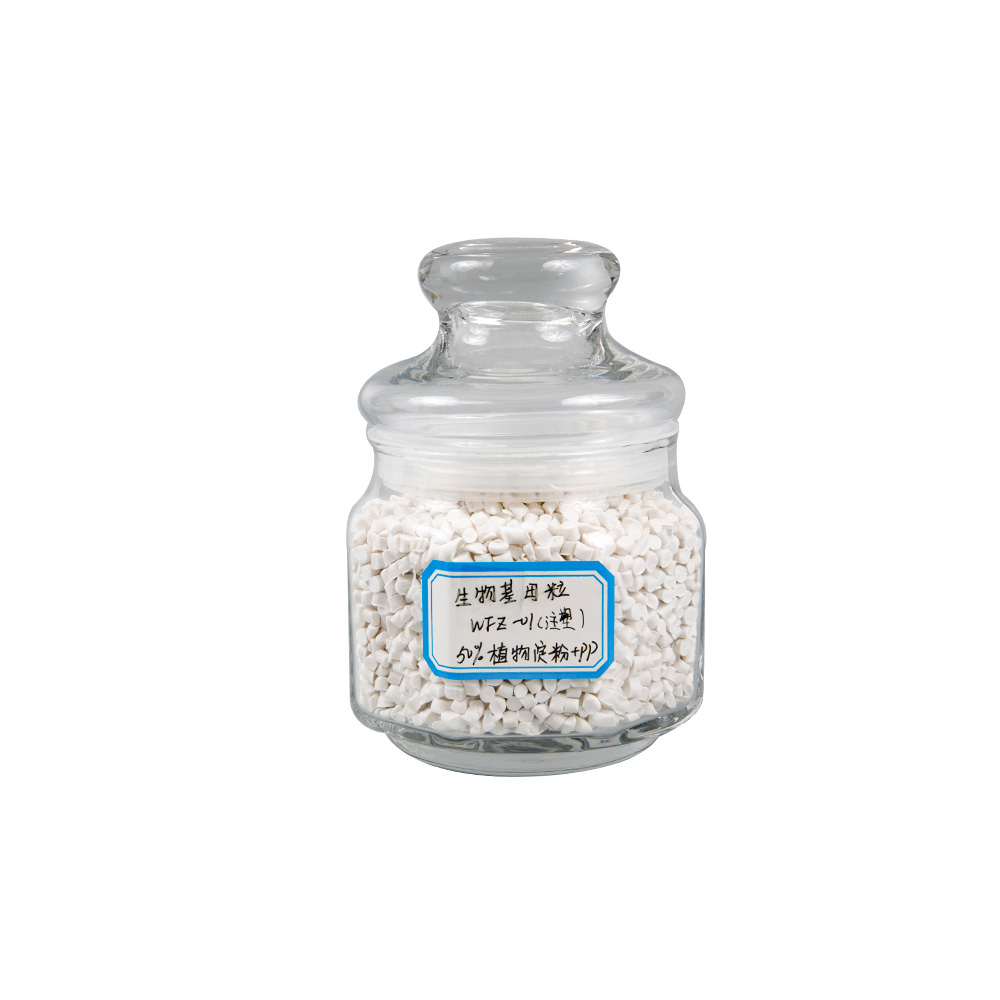Provide you with the latest enterprise and industry news.
The use of biodegradable plastics is a major step in addressing global environmental issues such as the growing amount of plastic pollution in oceans and landfills worldwide. These plastics decompose much quicker and are more environmentally friendly than non-biodegradable plastics since they are easily recycled and contain no toxins or chemicals that could be released into the environment during disposal.
These plastics can also be used in food packaging and other products. They are produced from renewable raw material or are entirely made from all-natural plant or animal materials such as orange peels, corn oil, switchgrass, soybeans, micro-organisms or starch.
They are a good choice for drug delivery applications because they can release drugs in a controlled manner while they breakdown into bacterial by-products. They can be formulated with different molecules or compounds to enhance the rate of degradation.
There are several types of biodegradable plastics available in the market today. Some of them are based on renewable materials such as starch, cellulose and vegetable oils while others are derived from a mixture of both biological and fossil fuel-based carbon. They can be used in a wide range of applications such as drug and vaccine delivery, tissue engineering and scaffolds, cryopreservation, food packaging and medical devices.


 English
English 中文简体
中文简体 日本語
日本語













